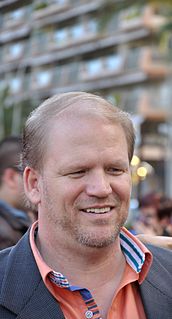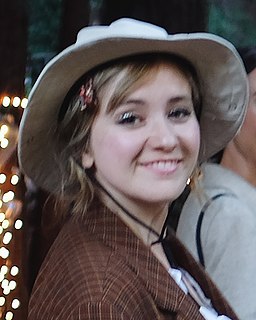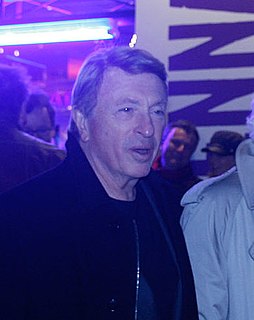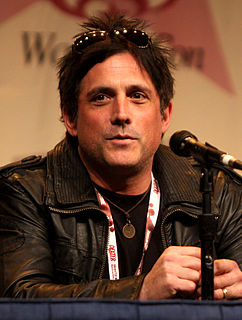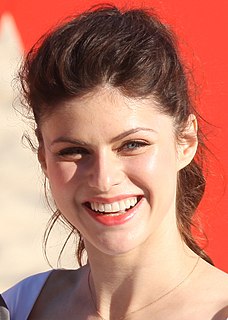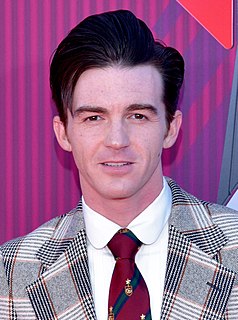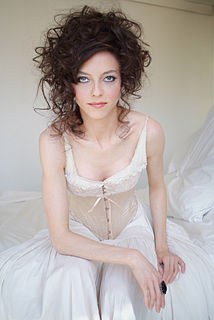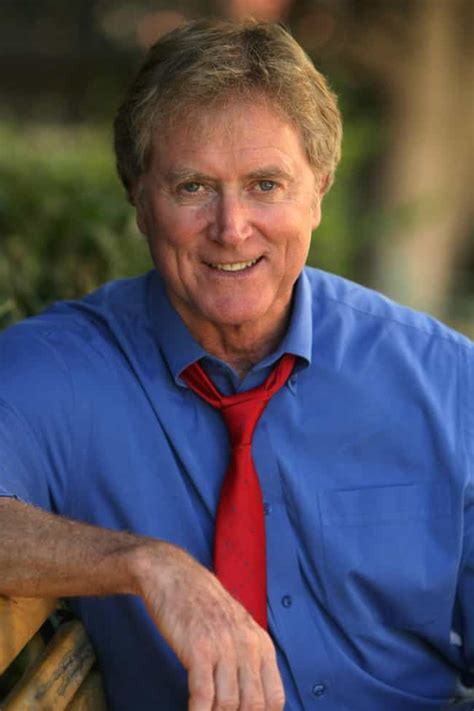A Quote by Joss Whedon
I describe television as feminine and movies as masculine, in the sense that television wants to examine a problem from all sides and talk about it for a long time, and movies just want to hit the climax and then maybe have a smoke.
Related Quotes
Macho in a different sense, the kind of things that we think makes us a man. It doesn't really exist right now. I really don't want it to seem that I think it's a problem that women are in development, I don't think it's as problem at all, I just think it's an interesting time that we're in. And maybe long overdue - maybe television for a long time was made for men and it's long overdue.
Jeff always says, "In the cinema, everybody goes to sci-fi. Those are the biggest movies. But, in television, nobody wants to touch it with a barge pole." It's strange. I think it's because maybe there's a legacy of television shows that depicted sci-fi in a certain way that turns off a lot of viewers, so maybe there's a negative connotation.
I may have disparaged the idea that people are looking at films on smaller and smaller screens... it's a shame that people have to watch DVDs with the lights on in a television-type situation where people are wandering in and out of the room. Movies are different from television, and you cannot watch movies like television. It distorts it.
I did television for a very long time, but if you're on television, words don't count. What the eye sees beats the words. If you switch sides, from radio to television, you learn that the wordiness that you learn on the radio is useless or not nearly as powerful, and you have to learn to trust that the eye will just beat the ear.
I think that television lately has been extremely dark and, in some ways, cynical but I also think that people who are writing those shows probably feel exactly as I do - that sometimes the darkness of a story can highlight the light in a story. There's a lot of cynical stuff but I think it may be even more in movies now where you see so many movies about cynical and corrupted characters. That's the state of many movies right now but movies, television, all of culture, there's always going to be a battle between the stories that are cynical and stories that are hopeful.

